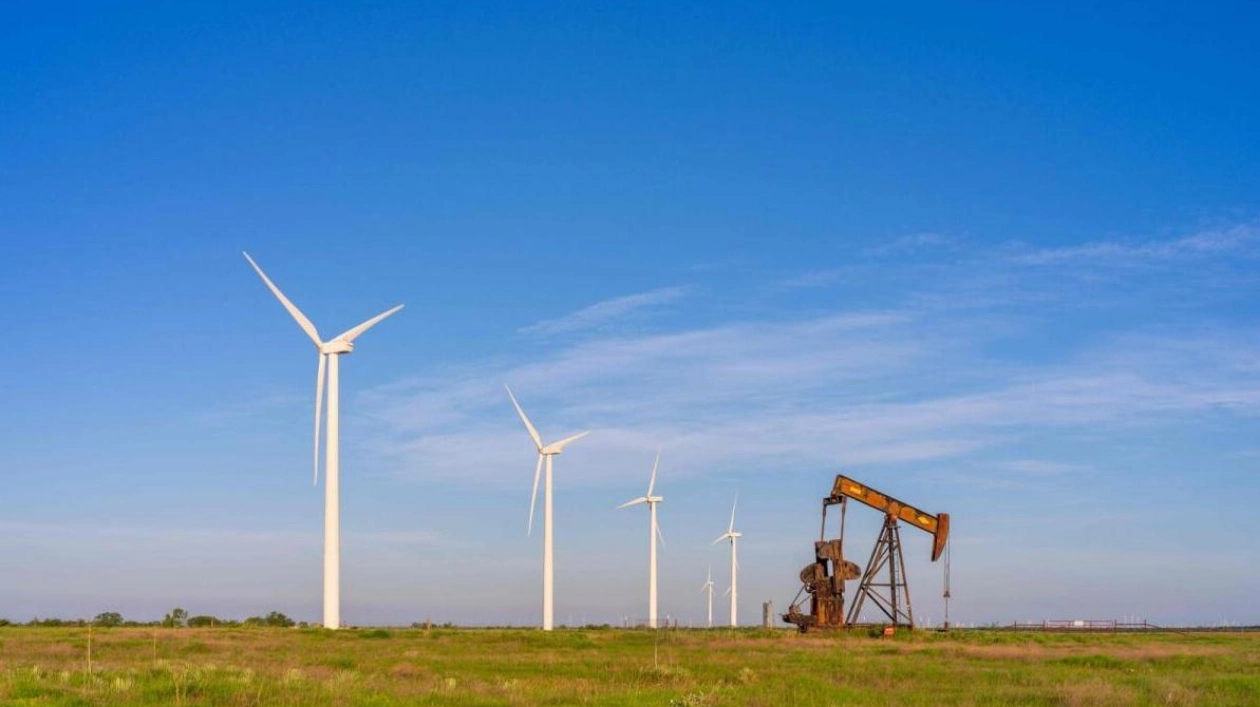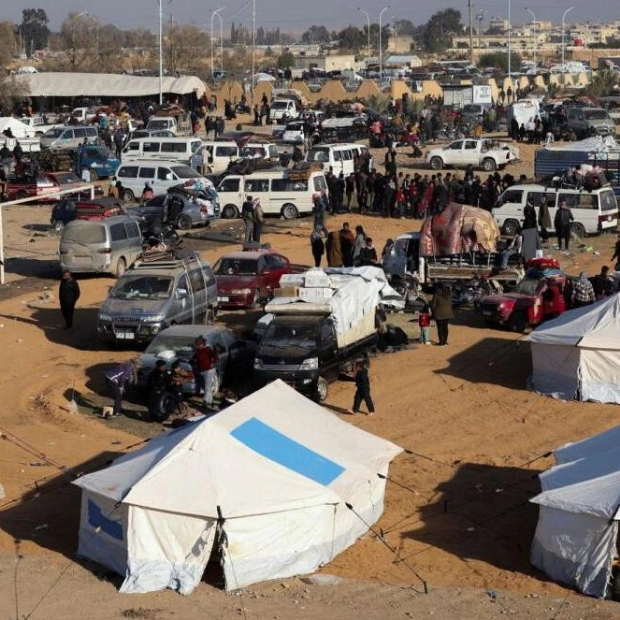Oil prices increased on Wednesday following industry reports indicating a larger-than-anticipated decline in US crude inventories, amid ongoing concerns over escalating tensions in the Middle East. Brent crude futures saw a slight rise of 46 cents, or 0.5%, reaching $86.70 per barrel at 0645 GMT. Similarly, U.S. West Texas Intermediate crude futures rose by 42 cents, or 0.5%, to $83.23 per barrel.
On Tuesday, both benchmarks hit their highest levels since late April during intraday trading but ended lower as concerns about Hurricane Beryl's impact on Gulf of Mexico production subsided. The U.S. National Hurricane Center predicts the storm will weaken into a tropical storm as it approaches the Gulf later this week.
Yeap Jun Rong, a market strategist at IG, noted that while initial gains were driven by fears of supply disruptions from Hurricane Beryl, these may reverse as the storm's potential impact appears limited. However, the significant drop in US crude inventories provided some price support, alongside ongoing Middle East tensions.
According to market sources citing American Petroleum Institute figures, U.S. crude oil inventories dropped by 9.163 million barrels for the week ending June 28. Meanwhile, gasoline inventories increased by 2.468 million barrels, and distillates decreased by 740,000 barrels. Analysts had forecasted a smaller draw in crude inventories and declines in both gasoline and distillate stocks.
Mitsuru Muraishi, an analyst at Fujitomi Securities, explained that oil prices were bolstered by the draw in U.S. crude inventories, though gains were tempered as some investors sought to capitalize on recent highs. The Energy Information Administration is set to release its weekly data on Wednesday at 1430 GMT.
As the summer travel season intensifies with the Independence Day holiday, U.S. gasoline demand is expected to surge. The American Automobile Association predicts a 5.2% increase in holiday travel compared to 2023, with car travel up by 4.8%.
In the Middle East, Israeli forces conducted extensive bombings in the southern Gaza Strip, prompting thousands of Palestinians to flee. Additionally, tensions escalated as Israeli military and Hezbollah exchanged fire across Lebanon's southern border. Vivek Dhar, an analyst at Commonwealth Bank of Australia, highlighted the risks of a broader conflict, suggesting potential upside risks to the near-term oil market outlook.
A Reuters survey revealed that OPEC's oil production increased in June for the second consecutive month, with higher output from Nigeria and Iran compensating for voluntary supply cuts by other members and the broader OPEC+ alliance.






